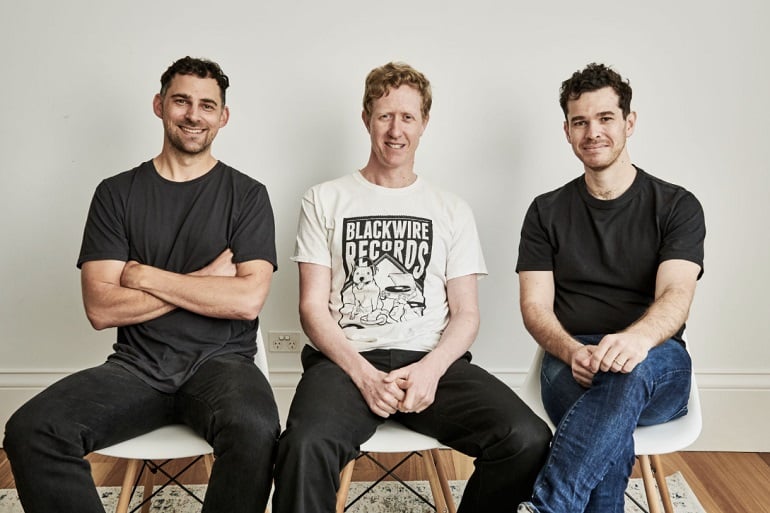Aussie “GiveTech” startup Dataro has raised $2.5 million in a seed round to help charities improve their fundraising capacity.
The raise was led by Basis Set Ventures, Black Sheep Capital, and Save The Children
Dataro uses AI-driven technology to transform how charity fundraising works. Its machine learning algorithms analyse patterns in a charity’s entire history of fundraising, including transactions, engagement and communications data, to paint a much more detailed picture of giving. Each donor is then given a predictive score reflecting their estimated probability of giving.
The startup was founded by three mates, Dr Tim Paris, David Lyndon and Chris Paver, who say how the current fundraising models were based on based on outdated data practices and often rely on channels such as direct mail. The onset of the coronavirus pandemic heightened the need for innovation.
Dr Paris said Dataro’s CEO, said they count UNICEF, Save the Children, and the Victor Chang Institute are among the company’s clients.
“The effects of COVID mean many charities are struggling to raise the same funds and their causes are suffering. Our AI fundraising tools make fundraising more efficient,” he said.
“While most big corporations these days use data to maximise their efficiency, charities have not had the budgets needed to do the same. Dataro is the fast track for charities to use these innovations. Our mission is to help charities raise more money, from the smallest art gallery to the largest multinational charity.”
Dr Paris said that with a flexible and affordable pricing model and simple data integrations, fundraisers can get set up with AI enabled fundraising right away using Dataro.
Dataro’s propensity modelling software uses machine learning technology to generate predictions about how donors are likely to behave. Current manual fundraising methods often lead to too many people are being emailed, called and mailed, which leads to higher costs, low engagement and low rates of giving.
Dr Paris said the Royal Flying Doctor Service Victoria increased net revenue in their 2020 Tax Appeal by nearly $35,000 by using Dataro’s propensity scores.
“They used the predictive scores to remove the least likely givers from their mailing list and to add an extra 1000 high probability donors. This saved over $9000 in mailing costs and netted an extra $26,834 in donations, including 14 gifts over $500 and one major gift,” he said.
Parkinson’s UK’s Ceri Smith said the pandemic had created a challenging landscape for fundraising.
“We knew we needed to take a new and innovative approach and this meant using the data we have available in a different way,” she said.
“Dataro’s AI software allowed us to both maximise income and minimise wasted costs. Their model has transformed the way that we keep up with the rapid changes in how supporters are engaging with us and target them with relevant asks.”
The software startup was recently chosen as one of the top 10 global fundraising innovations in the prestigious Reimagining Fundraising competition.
More at dataro.io.




















Trending
Daily startup news and insights, delivered to your inbox.